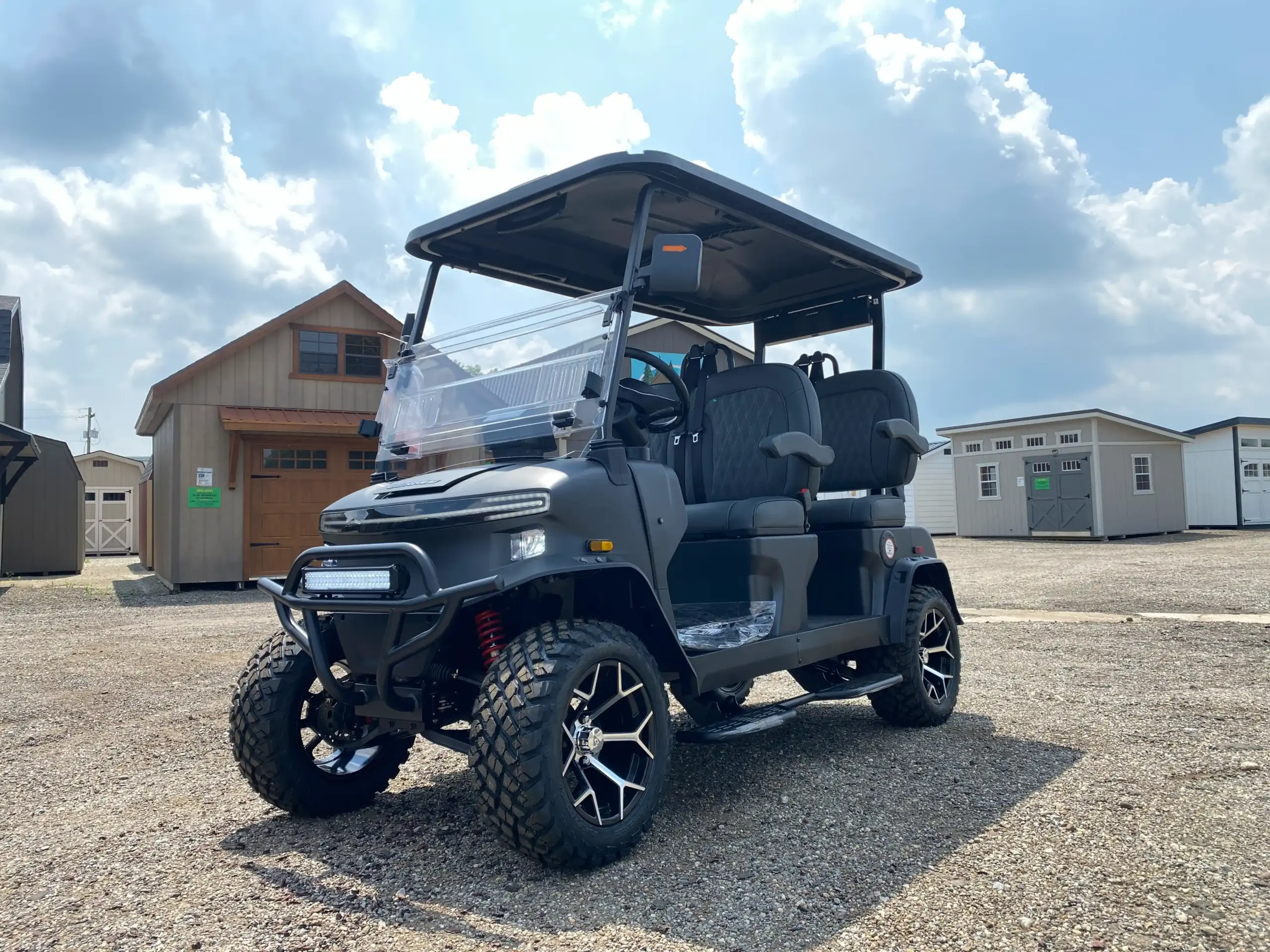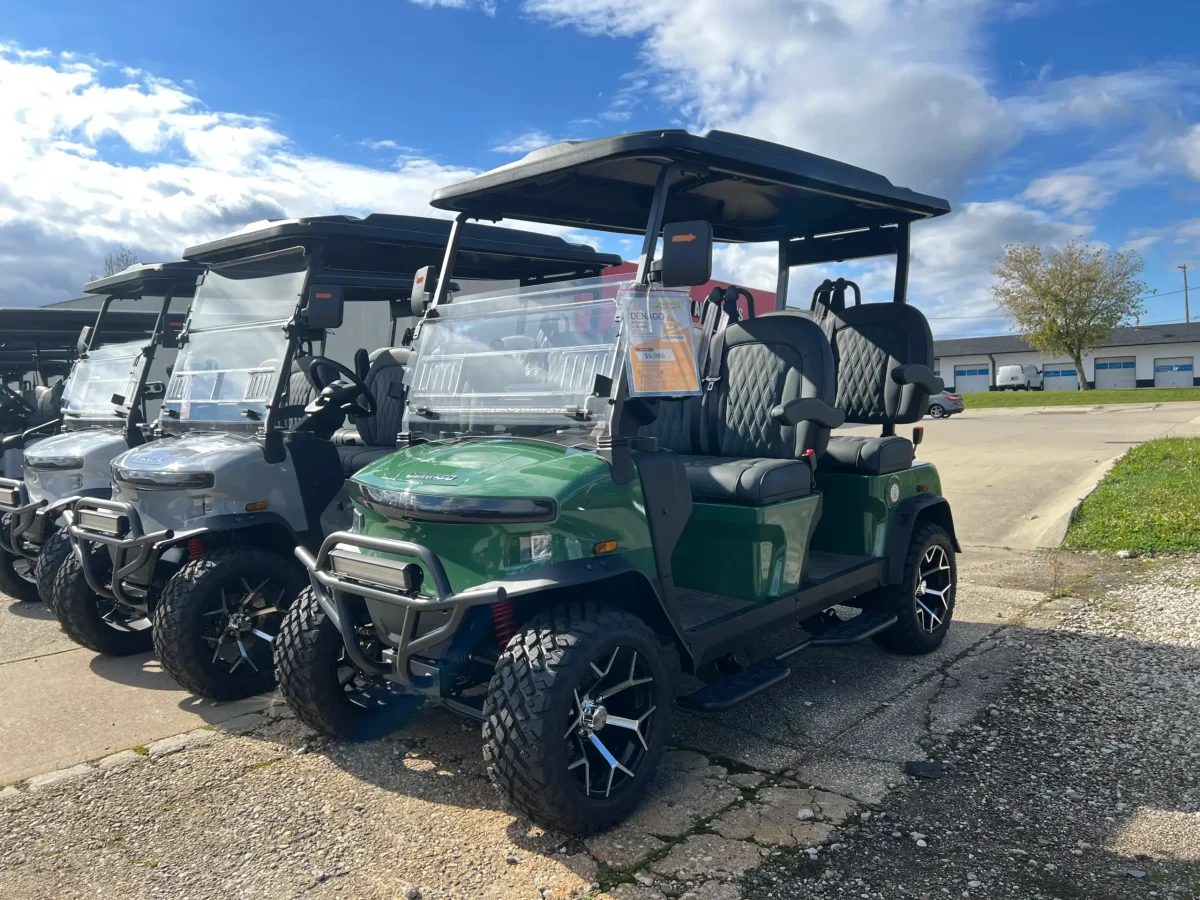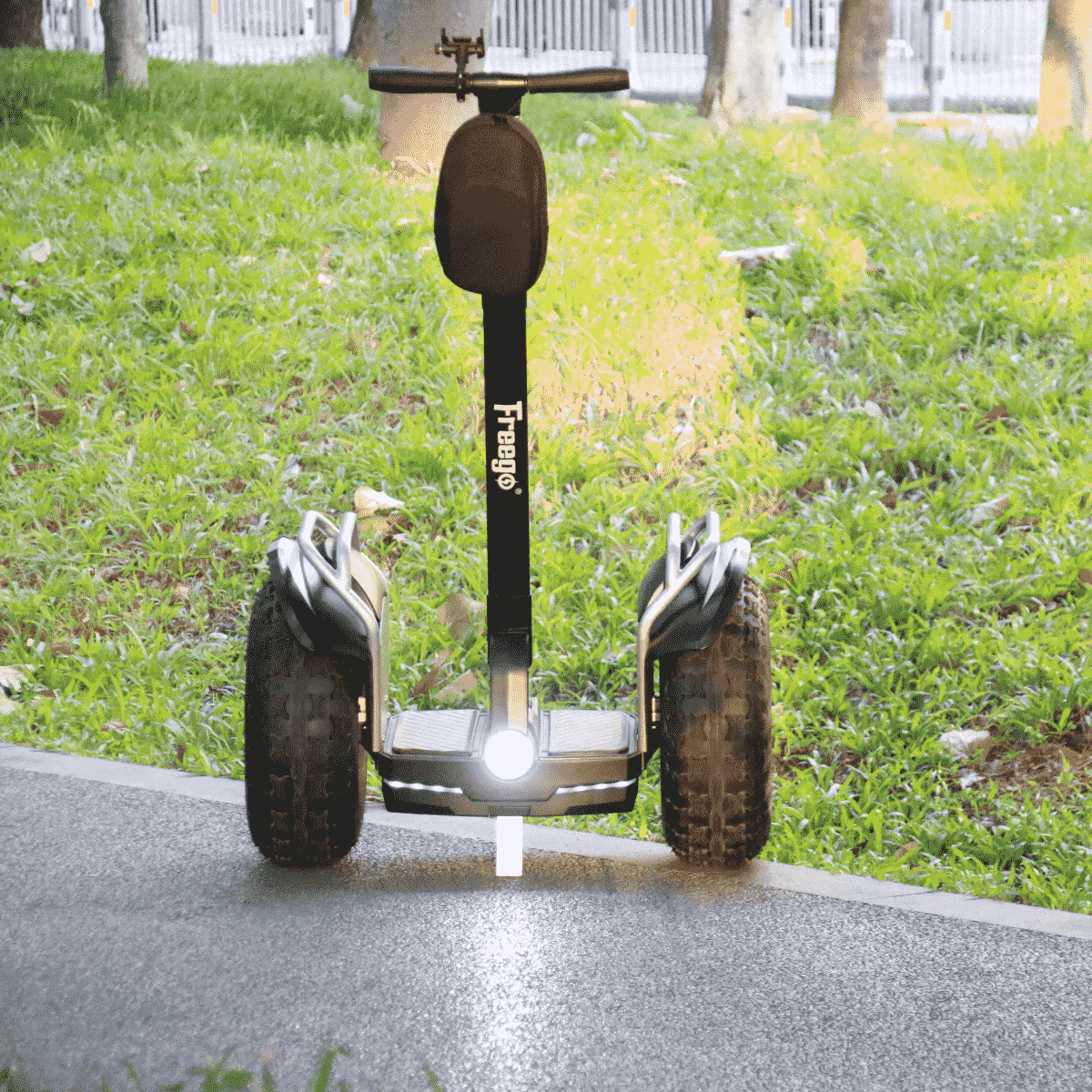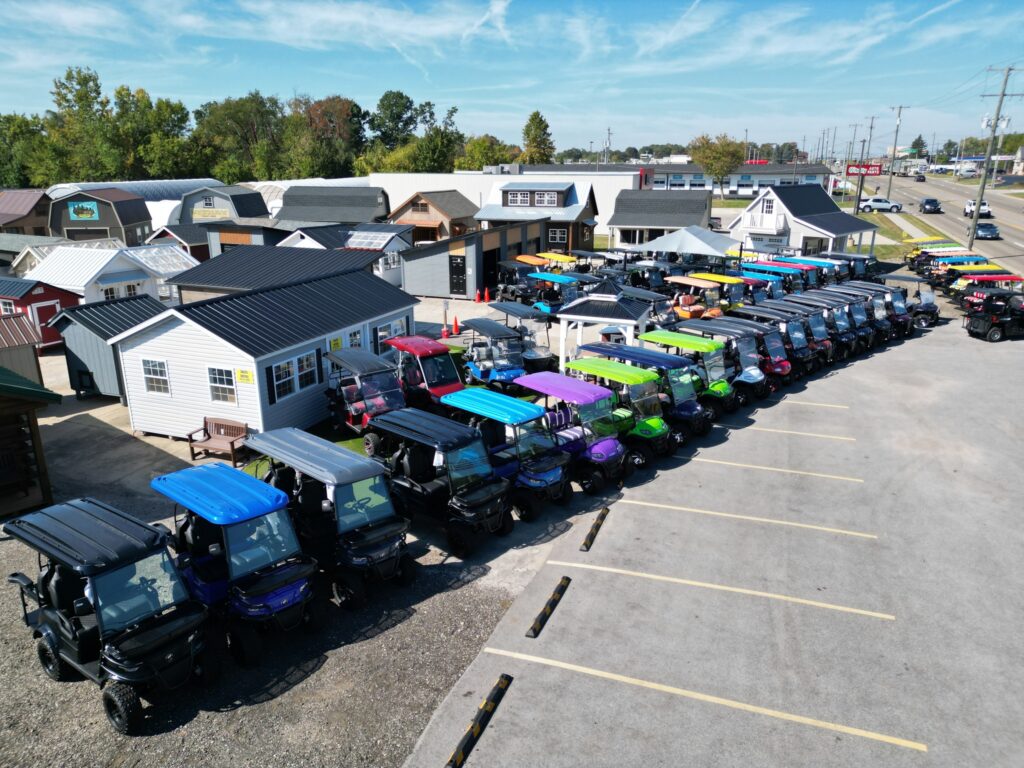Does Golf Carts Have Titles
The question does golf carts have titles comes up often among new buyers, sellers, and even experienced owners. If you are used to buying cars or trucks, the idea of a vehicle without a title might seem strange. In the United States, most motor vehicles require a title to prove ownership, register with the state, and legally operate on public roads. Golf carts, however, fall into a unique legal category. In many states, they don’t require titles at all—unless certain conditions apply. Understanding when you do and don’t need one can save you money, prevent legal headaches, and make buying or selling a golf cart much smoother.
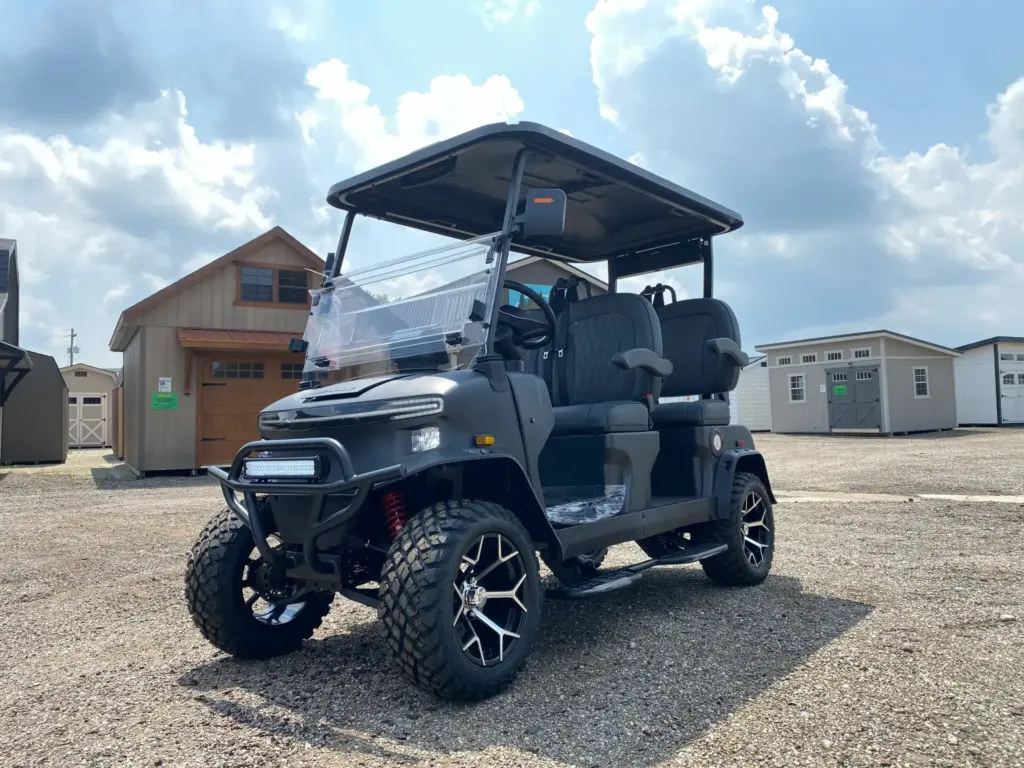
What a vehicle title does
A vehicle title is an official document issued by a state’s Department of Motor Vehicles (DMV) or a similar agency. It identifies the legal owner, lists any liens, and includes information like the VIN (Vehicle Identification Number). Without a title, selling or transferring most vehicles becomes difficult. For cars and trucks, it’s non-negotiable. Golf carts, on the other hand, usually operate under different rules because they are classified as low-speed vehicles or recreational equipment in most jurisdictions.
Why many golf carts have no title
Most golf carts don’t have titles because they’re not legally considered motor vehicles. If you use your cart only on private property, such as golf courses, farms, or gated communities, the state usually does not require registration, plates, or a title. In these cases, a bill of sale is enough to prove ownership. That’s why you can walk into a dealership, buy a golf cart, and take it home the same day without signing DMV paperwork.
If you’re shopping for one now, you can see how easy the buying process is by browsing our in stock golf carts. These are ready for pickup and don’t require any title in most states unless you modify them for public road use.
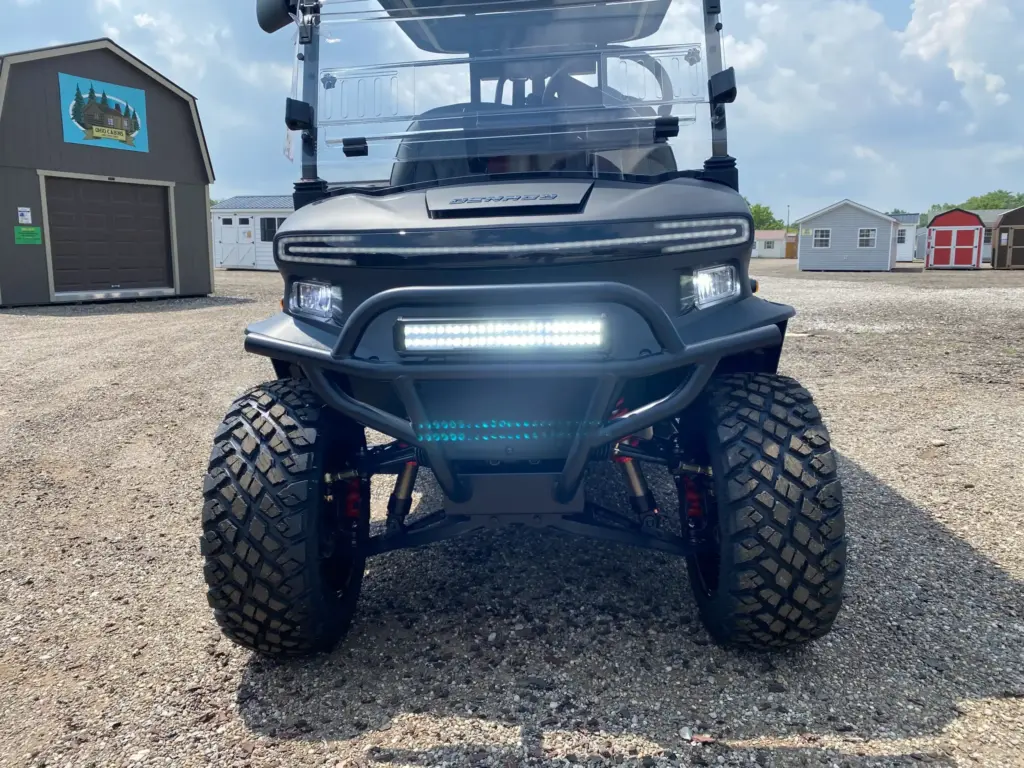
When titles become necessary
Some situations trigger the need for a title. The most common is when a golf cart is upgraded to meet Low-Speed Vehicle (LSV) or Neighborhood Electric Vehicle (NEV) standards. These vehicles can travel up to 25 mph and require safety features like headlights, brake lights, turn signals, seat belts, and mirrors. Once your cart meets these standards and you plan to drive it on public roads, most states will require a title, registration, and insurance—just like a regular car.
We’ve covered more about driving carts on public roads in our guide Can Golf Carts Be Driven on the Road. It’s worth checking out if you’re considering making your cart street legal.
State-by-state variations
The answer to does golf carts have titles depends on your location. Here are some examples:
Florida: Standard golf carts do not require titles. But if you own an LSV or NEV, you must have a title, registration, and insurance.
Texas: A title is only necessary if the cart is registered for public road use. Private-use carts remain title-free.
California: Golf carts don’t need a title if they operate within certain private communities. Once they qualify as LSVs, the law changes, and a title is mandatory.
Ohio: Many local jurisdictions require inspection, registration, and titling for road use. This is one of the stricter states for golf cart laws.
Because laws can vary even within states, always confirm with your local DMV or city government before assuming you’re in the clear.
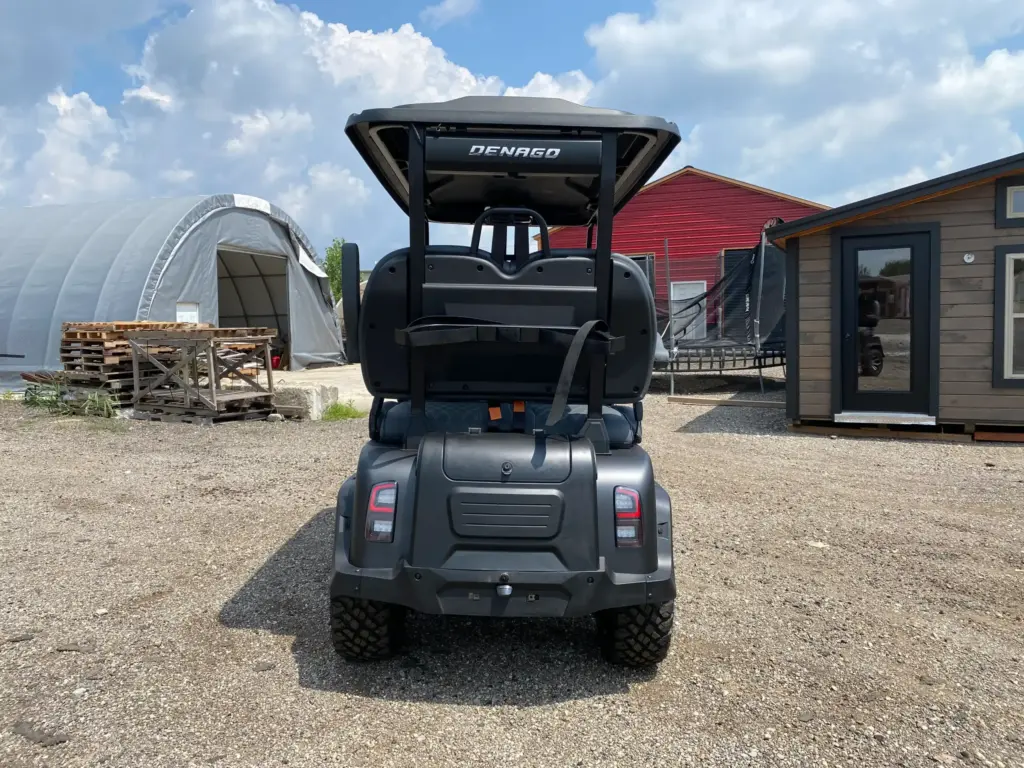
Buying and selling without a title
In most states without title requirements, ownership transfers happen with a bill of sale. This document should include the names of buyer and seller, the date of sale, the purchase price, and identifying details like the make, model, and serial number. Even if your state doesn’t require it, a bill of sale is smart to have for your own records. It protects you if ownership is ever questioned and provides proof of purchase if you need to insure the cart later.
If you’re buying a pre-owned cart, make sure to read our advice in Are Golf Carts Street Legal in Florida, since it explains some of the paperwork you might face in a stricter state.
What to do if your state requires a title but the cart doesn’t have one
Buying a cart that legally requires a title but doesn’t have one can be risky. If this happens, you may need to request a duplicate title from the seller or go through a bonded title process. Without the proper document, you may not be able to register the cart for road use. Always check the rules in your state before finalizing the sale.
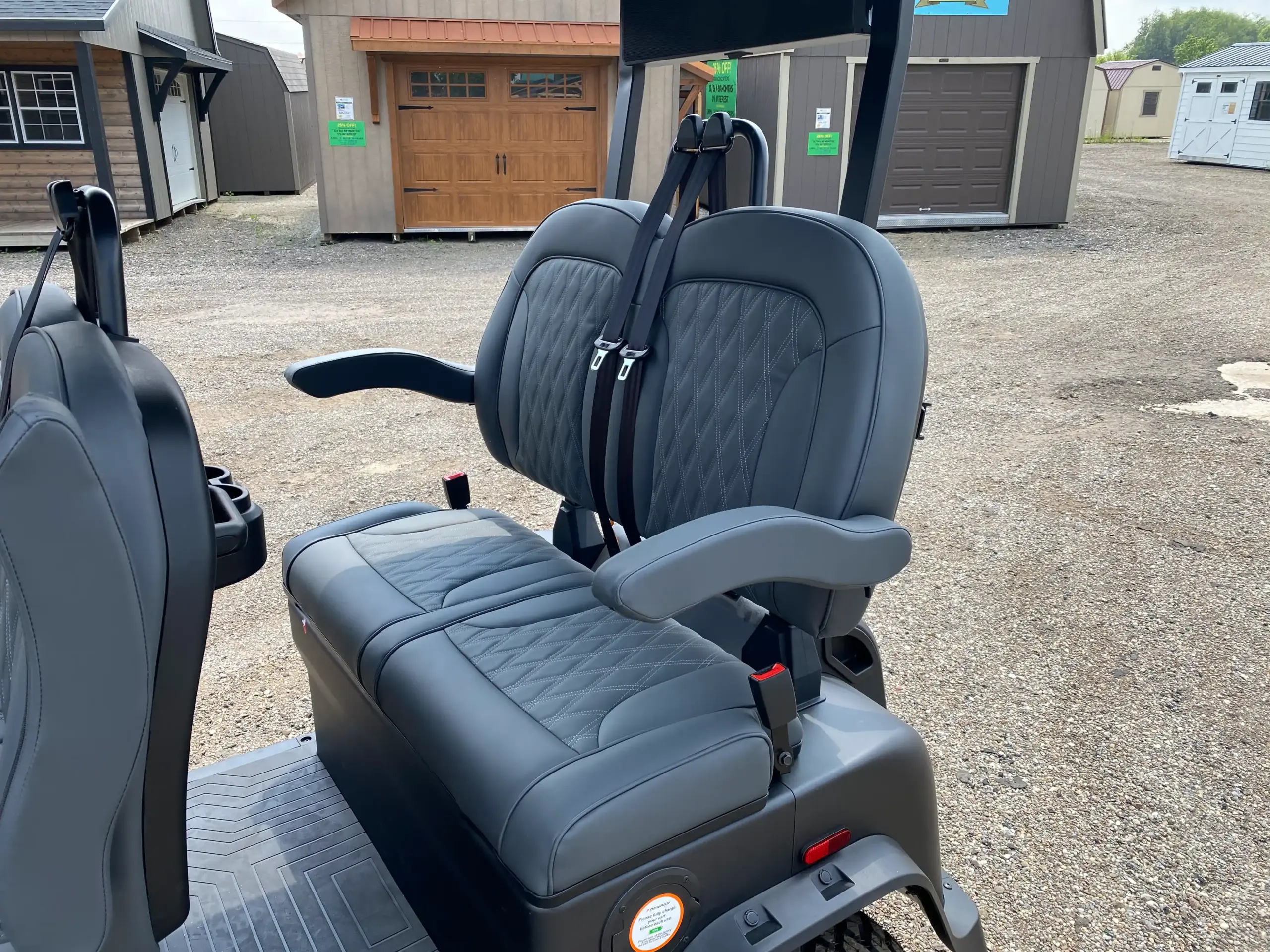
Special considerations for street use
Taking a golf cart onto public roads usually involves more than just titling. Most states require liability insurance, license plates, and sometimes safety inspections. These rules are meant to protect both the driver and other road users. If you skip these steps, you risk fines or losing your driving privileges for the cart. That’s why many owners keep their carts for private property use only—it’s simpler and avoids ongoing legal obligations.
Historical context for golf cart titles
The U.S. began titling motor vehicles in the early 1900s to track ownership and combat theft. Golf carts were never part of this system at first because they were only used on golf courses. As neighborhoods and resorts adopted them for short commutes, lawmakers had to adapt. Some states now require titles for certain modified carts, while others still treat them like off-road recreational vehicles. This history explains why the law can seem inconsistent across state lines.
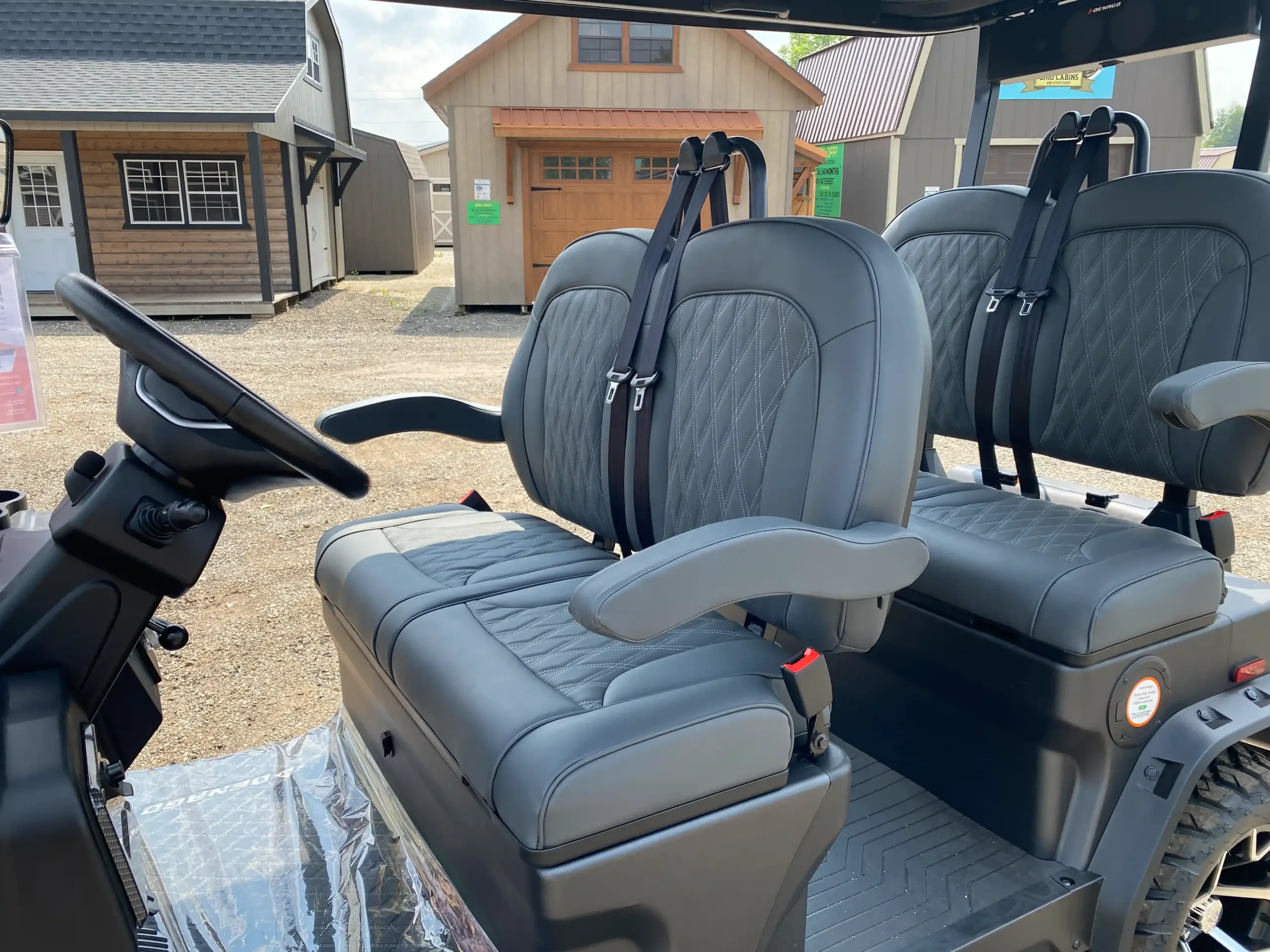
How to avoid title fraud
While rare, title fraud does happen—especially with LSVs. A dishonest seller may claim a cart doesn’t need a title when it actually does. To protect yourself, ask for proof of ownership. That might be a title, a bill of sale, or the original manufacturer’s certificate. Verify the serial number matches the paperwork. If something doesn’t add up, walk away from the deal.
Final tips for golf cart owners
If you plan to keep your cart on private property, the answer to does golf carts have titles is likely “no.” You’ll just need a bill of sale. But if you want to take it on public streets, expect to go through the titling process, meet safety requirements, and get insurance. When in doubt, call your local DMV or city clerk’s office for a clear answer.
And if you’re still shopping, remember you can see what’s available in our current golf cart inventory. We can also help guide you through any paperwork you might need for your state.
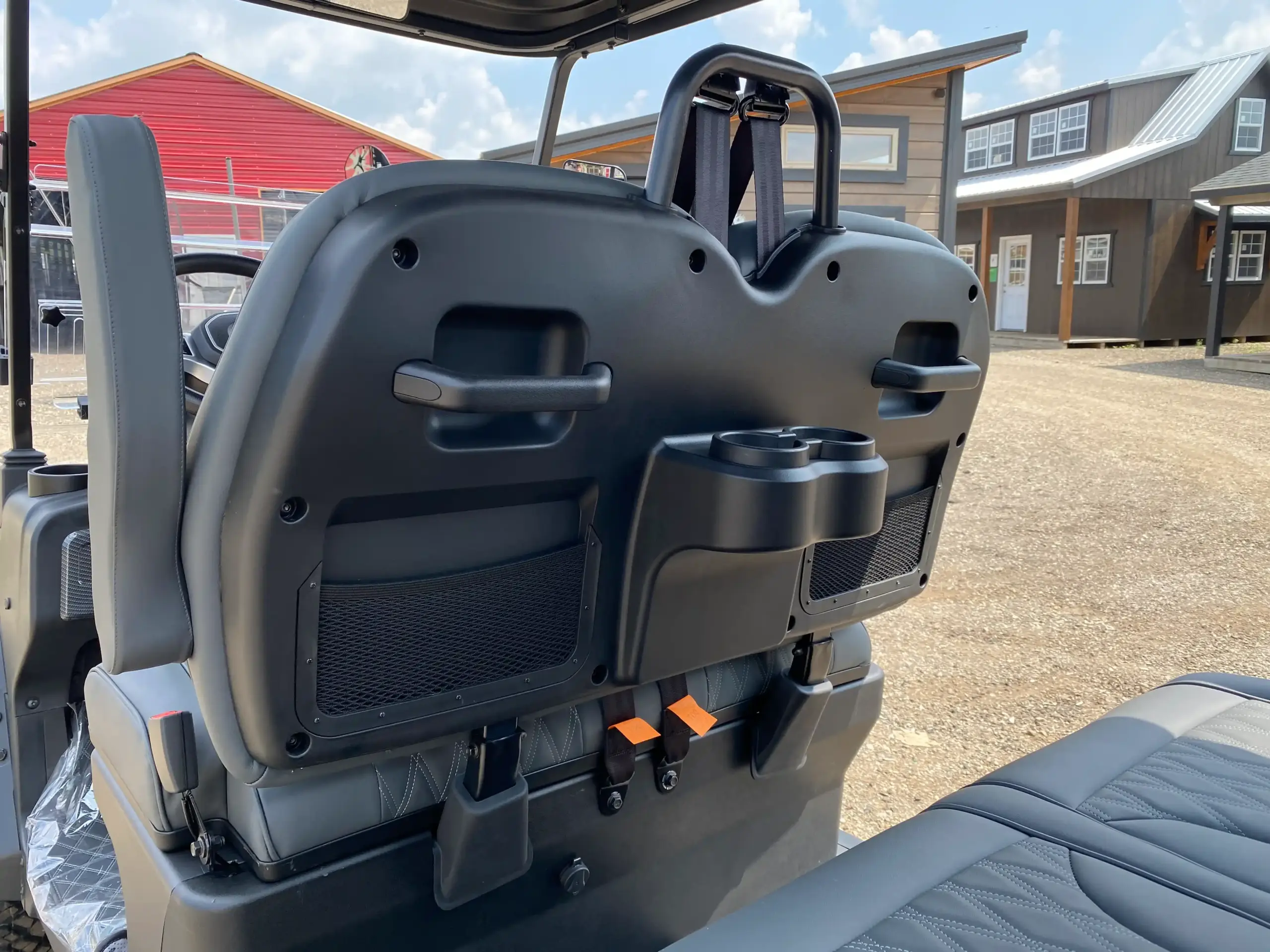
Conclusion
So, does golf carts have titles? For most owners in the U.S., the answer is no—at least for carts used exclusively on private property. Once you modify a cart for public road use or live in a state with strict regulations, you may need a title. The safest approach is to confirm your state’s requirements before buying, selling, or upgrading your cart. That way, you’ll avoid surprises and enjoy your golf cart without legal headaches.
Learn more: You can confirm the rules for your state through the official DMV.org website.


